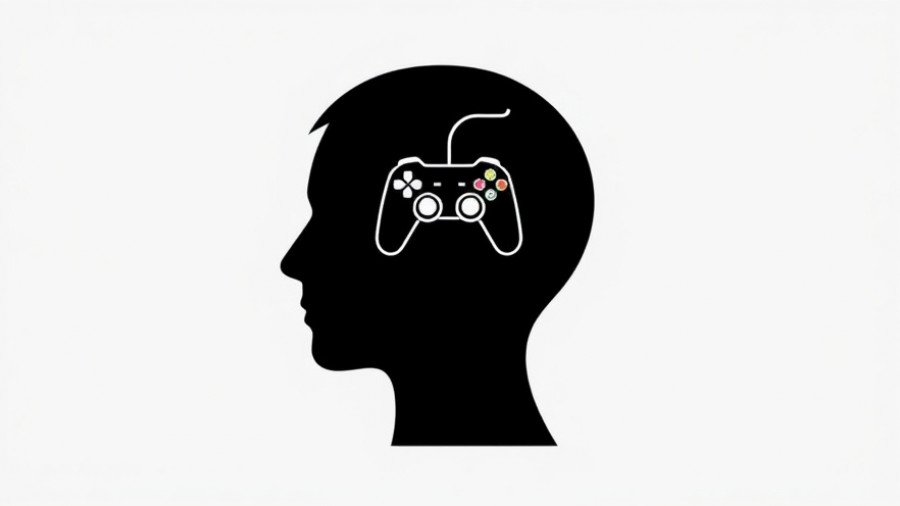
Understanding Gaming Addiction: A Growing Concern for Parents
In a world where digital engagement is part of daily life, the impact of gaming on adolescents is an escalating concern. Parents in Sri Lanka, especially those in urban areas like Colombo, Kandy, and Galle, are witnessing alarming trends as their children become more absorbed in gaming. Recent reports highlight that young gamers are experiencing social detachment, declining academic performance, and even aggressive behaviors stemming from excessive gaming. Such transformations call for parents to reevaluate the balance between gaming and personal growth.
The Dual Nature of Gaming: Benefits vs. Risks
While gaming can enhance cognitive skills such as strategic thinking and problem-solving, the fine line between moderate play and addiction is easily blurred. The World Health Organization included gaming disorder as a recognized condition in 2018, validating growing global concerns. A study conducted in Sri Lanka found that approximately 38% of adolescents spending more than four hours on games daily reported significantly reduced participation in social activities such as sports and clubs, indicating the potential risks associated with prolonged screen time.
Impact of Genre on Gaming Habits
The genre of games being played also affects the severity of addiction symptoms. Research has shown that players of First-Person Shooter (FPS) and Real-Time Strategy (RTS) games are more likely to exhibit symptoms of excessive gaming. These genres can foster an environment that rewards aggression and enhances competition, potentially increasing impulsive behaviors and social disconnection. Therefore, understanding the distinct impacts of each genre is crucial when discussing gaming addiction.
Social Withdrawal and Its Consequences
One of the stark consequences of gaming addiction is social withdrawal. As children immerse themselves in virtual interactions, their capacity for real-life social engagement diminishes. A survey conducted by an NGO in Sri Lanka indicated that more than 25% of students admitted to skipping meals or sleep to continue their gaming sessions. Such behavior not only impairs their health but may also hinder their ability to form meaningful relationships.
Recognizing Signs of Gaming Disorder
Parents should be wary of specific warning signs that their child may be struggling with gaming addiction. Common indicators include:
- Neglecting responsibilities in school and home life
- Increased irritability or aggressive behavior when not gaming
- Withdrawal from family and friends
- Procrastination or declining grades due to gaming behaviors
Being attuned to these signs can empower parents to intervene before the situation escalates.
Encouraging a Balanced Lifestyle
As a counteraction to gaming addiction, parents should encourage a lifestyle replete with diverse activities. Introducing device-free family nights, engaging in outdoor sports, or exploring arts can help divert attention from screens. Establishing clear screen time limits is also vital, with the aim of restoring focus on personal development and interpersonal relationships.
Conclusion: Prioritizing Mental Health and Development
Ultimately, it’s imperative for parents to maintain an open dialogue with their children regarding gaming habits. Through active engagement and thoughtful conversation, they can better understand their children's gaming interests while ensuring that their mental health and personal development are not compromised. Keeping gaming a joyful and harmless pastime is a shared responsibility, pivotal for nurturing healthy youth.
 Add Row
Add Row  Add
Add 




Write A Comment